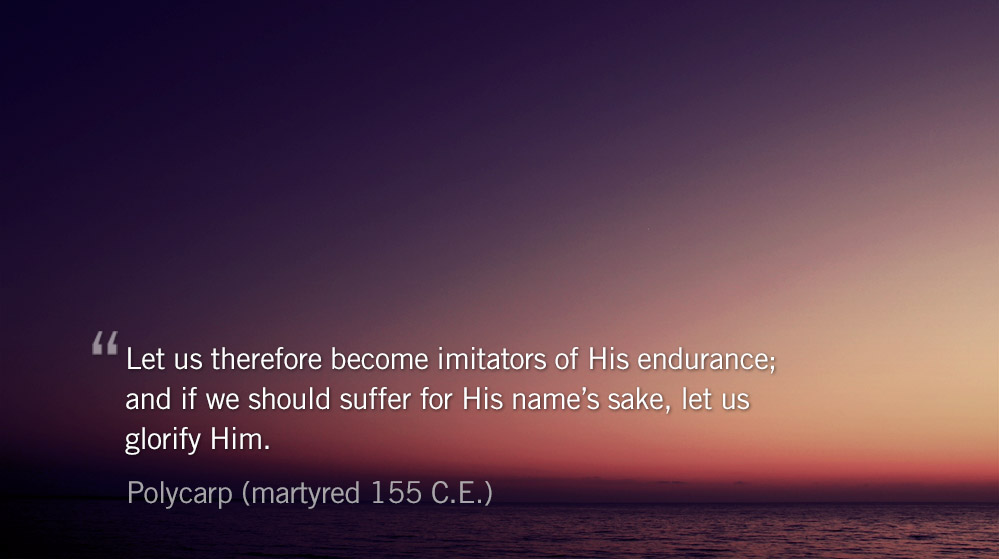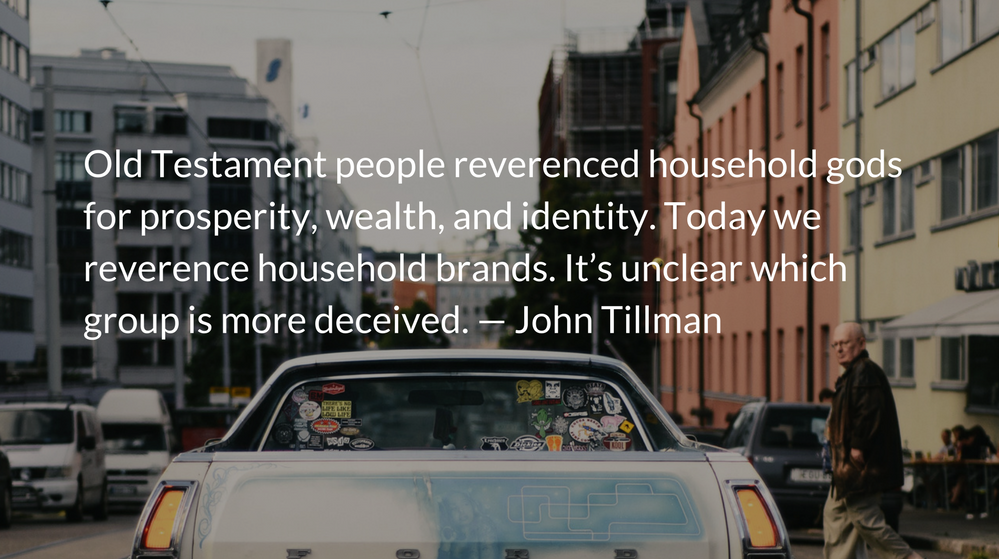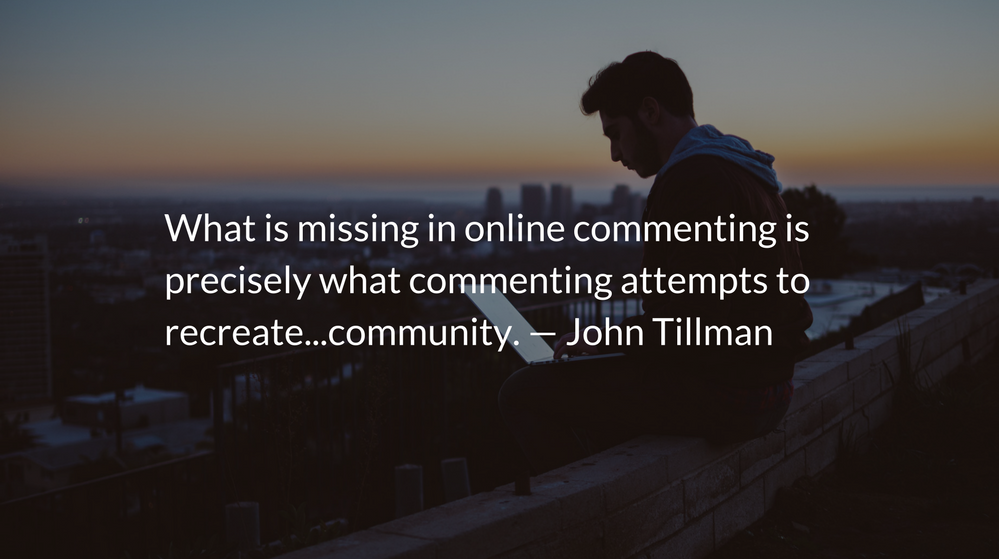Scripture: 1 Corinthians 8:1, 9
“Knowledge” puffs up, but love builds up”…. take care that this right of yours (freedom in Christ) does not somehow become a stumbling block to the weak.
Reflection: Freedom for the Benefit of Others
By Saint Polycarp c. 125 C.E.
I rejoiced with you greatly in our Lord Jesus Christ… though you did not see Him, you believe with joy unutterable and full of glory; unto which joy many desire to enter in; forasmuch as you know that it is by grace you are saved, not of works, but by the will of God through Jesus Christ.
Be compassionate, merciful towards all men, turning back the sheep that are gone astray, visiting all the infirm, not neglecting a widow or an orphan or a poor man: but providing always for that which is honorable in the sight of God and of men, abstaining from all anger, respect of persons, unrighteous judgment, being far from all love of money, not quick to believe anything against any man, not hasty in judgment, knowing that we all are debtors of sin.
If then we entreat the Lord that He would forgive us, we also ought to forgive: for we are before the eyes of our Lord and God, and we must all stand at the judgment-seat of Christ, and each man must give an account of himself.
Let us therefore so serve Him with fear and all reverence, as He himself gave commandment and the Apostles who preached the Gospel to us and the prophets who proclaimed beforehand the coming of our Lord.
Let us therefore, without ceasing, hold fast by our hope and by the earnest of our righteousness, which is Jesus Christ who took up our sins in His own body upon the tree, who did no sin, neither was guile found in His mouth, but for our sakes He endured all things, that we might live in Him.
Let us therefore become imitators of His endurance; and if we should suffer for His name’s sake, let us glorify Him. For He gave this example to us in His own person, and we believed this.
— Abridged and language updated from The Epistle of Saint Polycarp to Phillipi.
The Refrain
Let not those who hope in you be put to shame through me, Lord God of hosts; let not those who seek you be disgraced because of me, O God of Israel. — Psalm 69:7
– From The Divine Hours: Prayers for Summertime by Phyllis Tickle.
Full prayer available online and in print.
Today’s Readings
1 Samuel 25 (Listen – 7:12)
1 Corinthians 6 (Listen – 3:03)
This Weekend’s Readings
1 Samuel 26 (Listen – 4:30) 1 Corinthians 7 (Listen – 6:09)
1 Samuel 27 (Listen – 1:59) 1 Corinthians 8 (Listen – 1:54)






